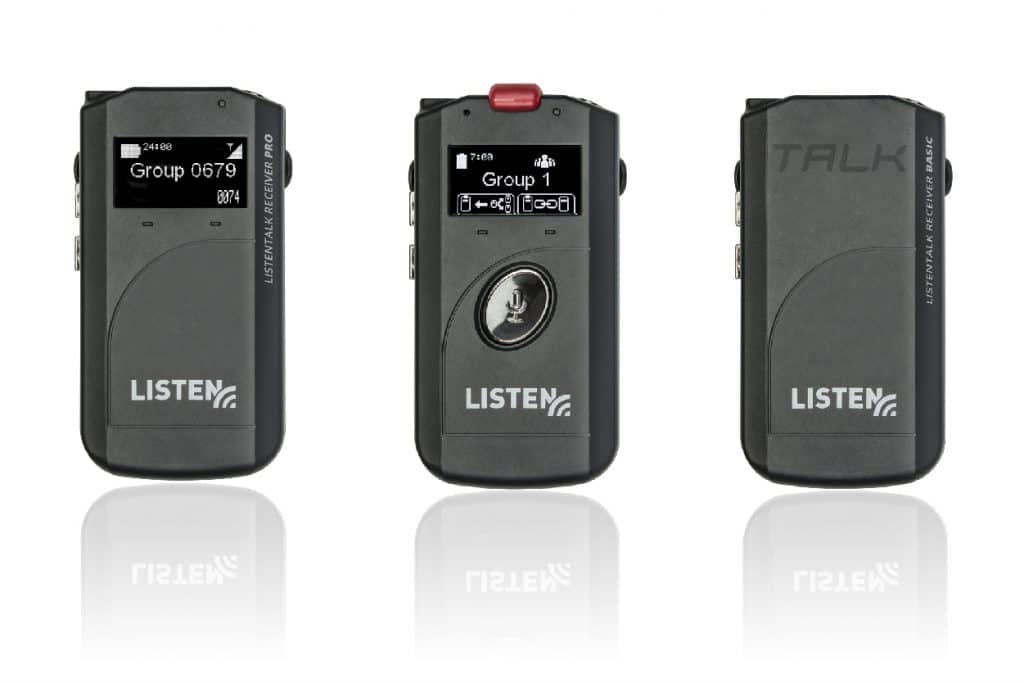- Loading…
There’s a significant demographic shift occurring in markets around the world. Millennials, loosely defined as the generation born between 1980 and 2000, represent the largest generation to date, making up 31.5 percent of the world’s population. By 2030, it’s expected that they will make up 75 percent of the American workforce.
“I personally look at Millennials as more of a mindset or a lifestyle choice … We use the tools available to us to grow our community of friends and colleagues. We see the value in finding connections throughout the world and not just in our own ‘backyard.’ ”
There are three compelling reasons why travel companies need to pay attention to this demographic – Millennials love technology (71 percent of US Millennial travelers say they can’t travel without their phone), they love to travel (spending $200B in this sector in 2018). And, perhaps most importantly, today’s Millennial traveler “is your potential customer for decades to come.”
Traveler Age vs. Influence When Choosing a Destination
(Graph courtesy of TripAdvisor Insights)
TripAdvisor reports that Millennials choose travel destinations based on activities and reviews. “Tourist attractions and activities are a huge draw for Millennials, and steadily become less influential for older travelers.” In 2019, the average Millennial took roughly five trips, three of which were international. Millennials, more than previous generations, are making travel a priority and seeking new experiences.
“Our lifestyle is indeed unique – but we wouldn’t have it any other way. The Millennial lifestyle is not to be understood. It is to be experienced … Think of us as pioneers. After all, that’s how we want to be seen.”
As Forbes reported, “Millennials value experiences. Their digital personalities and traits showcase their experiences, such as traveling, working as digital nomads, participating in university exchange programs, and working in foreign countries, among other ventures.” When making travel plans, 86 percent of Millennials chose new cultural experiences over party and shopping destinations, and 78 percent of Millennials state that they want to learn something new while they travel. When booking trips, 66 percent of Millennials did so from their smartphones.
Have Smartphone, Will Travel
Ninety-three percent of Millennials own a smartphone. The bring-your-own-device (BYOD) culture is chiefly a reaction to the Millennials’ near-addiction to their mobile devices. It’s not uncommon to see small children toting a favorite stuffy or blanket. It creates a feeling of comfort and security, especially when faced with new places, unfamiliar faces, and a disruption in their routines. Millennials aren’t that different, but carry phones instead of a teddy bear. When traveling to a foreign place, smartphones act as a digital security blanket and a connection to the familiar.
“Our results suggest that the mere presence of a phone, not necessarily actually using it, can buffer against the negative experience and effects of social exclusion. It could be that possessing your phone is a reminder of your support system, symbolically and literally allowing you to connect with others outside your immediate surroundings.”
– John Hunter, Ph.D. candidate, University of California, Irvine
Researchers from the University of California, Irvine, found that for Millennials put into unfamiliar social situations, having their smartphones close at hand offered them comfort and reduced their brain’s production of the stress hormone alpha-amylase. “When people can shift their attention away from environmental stressors toward the symbolic connections offered by their phones, it may mitigate feelings of isolation and can provide a sense of security,” says the research study’s lead author, John Hunter, a UCI Ph.D. candidate in psychology and social behavior.
When touring unfamiliar places, having a smartphone, as a connection to home, can relieve stress. We go on vacation to relax. And, according to the UCI study, our “smartphones make us feel better and observably reduce stress hormones in the body. “It’s that bit of home when you’re abroad. A connection to the comforts of home in the palm of your hand,” says Maile Keone, President, Listen Technologies, a technology company at the forefront of the BYOD tour market. “If visitors are attached to their phones and feel more comfortable using them than less familiar borrowed devices, then allowing them to do so will make for a better, more personal touring experience.”
Choose Your Own Adventure for Millennials
“Millennials are looking for authentic personal experiences, and we help fulfill their goals and aspirations by delivering engaging content in memorable ways right to their own devices.”
– Jonathan Stanley, Chief Experience Officer, Listen Technologies
Overall, Millennials don’t feel an attachment to their jobs or brands; they’re waiting longer to get married, and they’re less likely than previous generations to feel community pride or to identify with religious affiliations or political parties. Millennials are the unattached generation – except when it comes to their phones.
Smartphones are a ubiquitous accessory for 93 percent of Millennials. Their hyper-connectivity gives them a unique, global perspective, transforming the way they interact, consume content, travel, live, and work. Their unique point of view compels them to reject the notion of “that’s the way it has always been done” and demand that businesses approach them differently, adjusting the customer experience to meet individual needs.
“Millennials are looking for authentic personal experiences, and we help fulfill their goals and aspirations by delivering engaging content in memorable ways right to their own devices,” says Stanley.
“We believe that storytelling is a powerful platform to deliver more authentic, engaging, entertaining, and educational experiences,” Stanley says. “Many of the content providers in the market are focused on what’s on your left, what’s on your right, but what they’re doing is outlining points of interest on a map that the savvy traveler can find in any guidebook. We’re focused on digging deeper into stories. What are the stories that travelers want to hear? And more importantly, how do they want to hear it?”
Creating Millennial-Centered Experiences
Overall, the Millennial traveler wants to feel like an insider, even in a new and unfamiliar place. They want to understand “how the locals do it.” Insider knowledge, and a localized experience, help people understand and truly feel part of a destination. This feeling is dependent on how you tell your story. You need to ask yourself, how can you make visitors feel like they are a part of that story?
“Millennials demand seamless, human-centered tour experiences. Storytelling has the power to morph any tour into an engaging experience. Great storytelling can make history contemporary, make visitors care about this place or this monument,” says Ange Berlin, VP Creative, Listen Technologies. “Because a monument is so much more than dates and facts. It’s about the people who built it. The people are the story.”
That’s where the happy marriage of Millennials with their smartphones comes in. The BYOD culture enables companies to offer a tailored and personal experience. Gone are the days of the “one tour fits all” mentality. If you have visitors that want the dates and the facts, you can offer a tour more geared towards that. Environmental sustainability, architecture, agriculture, local customs – BYOD is the ultimate way to create customized tour experiences that Millennials want to consume.
“BYOD means that customers can have tour content that interests them, in the language they are most comfortable with, delivered to a device that they trust and feel comfortable operating. With a web-based tour, there is so much more you can offer without worrying about managing additional equipment and data storage,” says Keone. “BYOD opens up a whole world of content and lets you create a customized, five-star life experience for each visitor. Millennials will embrace BYOD tourism because they’ve already embraced BYOD in every other aspect of their lives.”
What’s Your Next Story? Millennials and the BYOD culture are a critical market for tour operators looking to expand their business and gain 5-Star reviews. To learn more about how to build a compelling BYOD market for your business, contact us, or read our Storytelling for Tours eBook.

We would love to deliver valuable insights right to your inbox once a month.

We would love to answer your questions, provide you with a detailed quote, or send you more information.
14912 Heritage Crest Way
Bluffdale, Utah
84065-4818 USA
Phone: +1.801.233.8992
Toll-Free: 1.800.330.0891
Office Hours
8:00 am – 5:00 pm MT
Monday – Friday
First, select the calculator type, USA (for Americans with Disabilities Act - ADA), California (for California Building Code), or Australia (for Australia's Disability Discrimination Act 1992). Enter the seating capacity and the number of minimum assistive listening devices required and the minimum number of neck loops will automatically populate based on the calculator type selected.